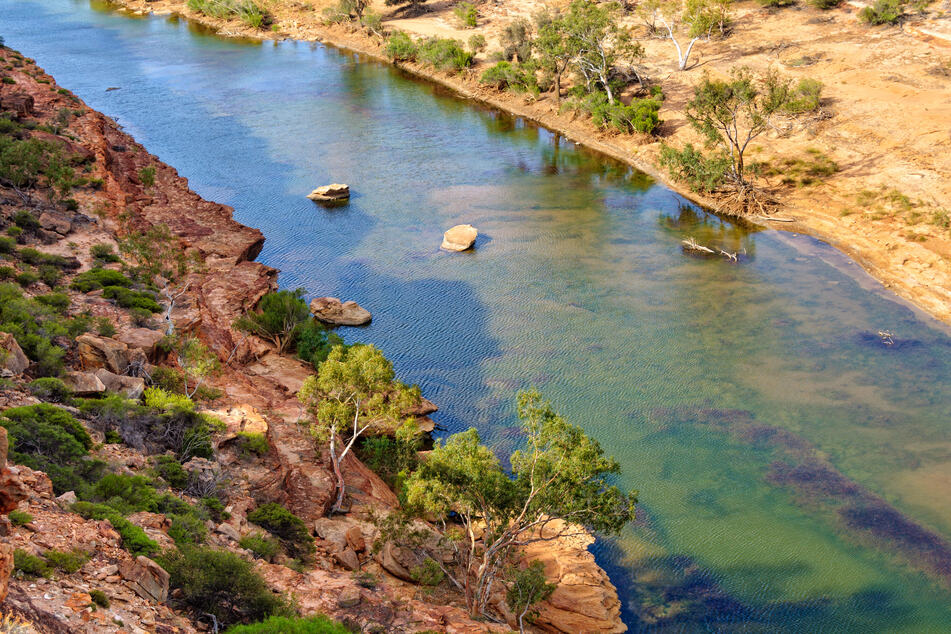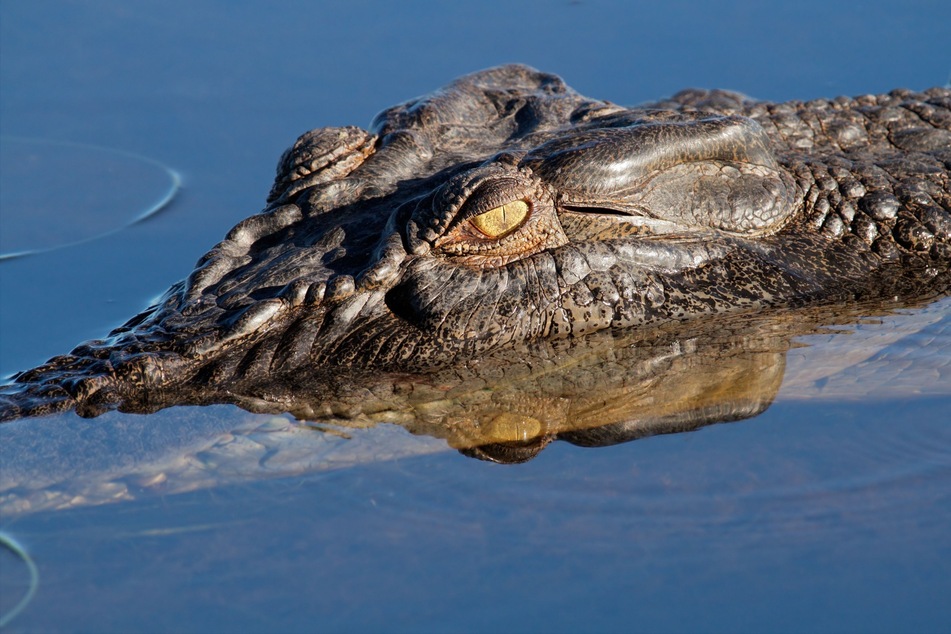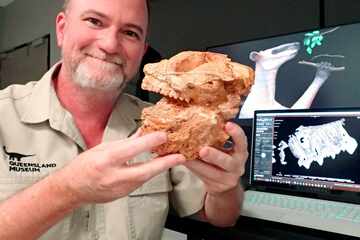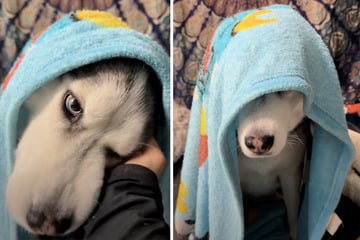Australian farmer survives crocodile attack by biting back!
Darwin, Australia - Australian cattle farmer Colin Deveraux survived a crocodile attack by biting the ten-foot-long animal back!

Colin Deveraux (65) of northern Australia was on his way to build a fence near the Finniss River at the beginning of October when he was attacked, ABC News reports.
The cattle farmer stopped his car when he noticed fish swimming in the middle of a retreating river, or oxbow lake. He got out of his car and stepped into the water.
"I took two steps and [the crocodile] latched onto my right foot," Colin says.
"It was a big grab and he shook me like a rag doll and took off back into the water, pulling me in," the farmer added.
Colin says he tried to fight the crocodile by kicking it in the ribs, but that didn't work. Luckily, being pulled in deeper gave him a strange opportunity.
"I was in such an awkward position… but by accident, my teeth caught his eyelid," he said. "It was pretty thick, like holding onto leather, but I jerked back on his eyelid and he let go."
It took a month for the farmer's wounds to heal

As soon as the crocodile let go, Colin ran. He said the animal chased him for a bit before giving up. Once he arrived at his car, the farmer used a towel and rope to stop the bleeding.
His brother drove him to the nearest hospital, which was about 80 miles away.
Colin spent the next month healing due to the severity of his injuries.
He noted that the "biggest problem was having to clear out all the bad bacteria [from the wound]." As a result, the leg and foot wounds had to be flushed multiple times.
At the beginning of November, Colin received a skin graft. Doctors are confident that he'll be released this week.
The attack was a wake-up call for the farmer: "It means I've got to change what I do. I've been walking around that swamp country too long fixing fences and living life, but it's opened my eyes."
Colin reported that the crocodile that bit him was "removed" from the area and won't be harming anyone else.
Cover photo: 123RF/ecosnap

